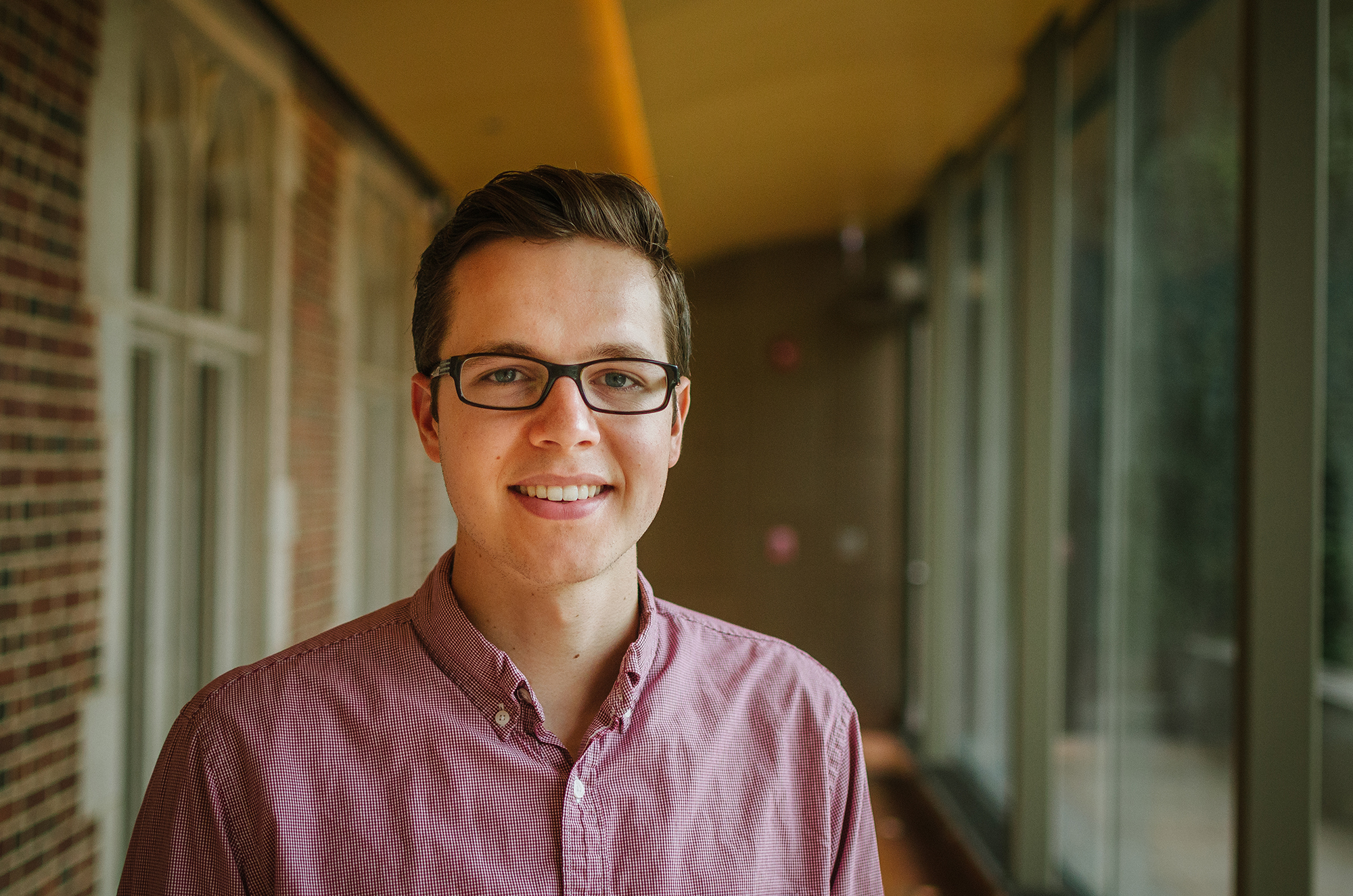CEHD Scholar Spotlight: Kurtis Gilliat

Kurtis Gilliat is a Predoctoral Fellow at CEHD through July 2020. During his tenure at CEHD, he has worked mainly on analyzing data from the Perry Preschool Program. He also attended HCEO’s first Summer School on Socioeconomic Inequality in Chengdu, China, organized in partnership with Southwestern University of Finance and Economics. Gilliat will be starting the Ph.D. program in Economics at the University of California, San Diego this fall.
What are your current research areas of interest?
I’m broadly interested in understanding the processes by which health and human capital is developed, and how health and human capital stocks influence lifetime outcomes. Specific questions that I’ve been interested in recently include: how people make decisions involving health risks; how self-control works and how policies could better address self-control problems; and how personality and non-cognitive skills can be developed (and how they impact life outcomes).
How did you become interested in studying economics?
I took an introductory class and was captivated by the beautiful theories. In particular, I fell in love with comparative advantage in trade theory and the idea of the tragedy of the commons with regards to externalities. I loved the versatility with which economic theory seemed like it could be applied to a range of questions in the real world.
Can you talk about some of the projects you’ve worked on during your time at CEHD?
I’ve spent most of my time working on a new cost-benefit analysis of the Perry Preschool Program, using new follow-up data, collected 50 years after the program began. The team and I are examining how the program influenced long-run outcomes including criminal activity, earnings, and health. In a different project, I examined short-run child development outcomes from a recently implemented early childhood home visiting program in Brazil.
How will your time at CEHD influence your future research?
Through working with the many brilliant minds at CEHD, I’ve developed an increased interest in how childhood experiences influence lifetime outcomes as well as issues of inequality and intergenerational mobility. I hope to dig into these questions further in my future research. I’ve also gained invaluable training and experience in applying rigorous research methods, which I trust will aid me in my future studies.